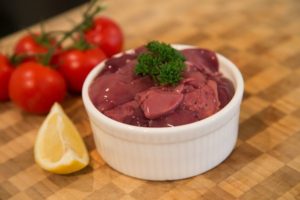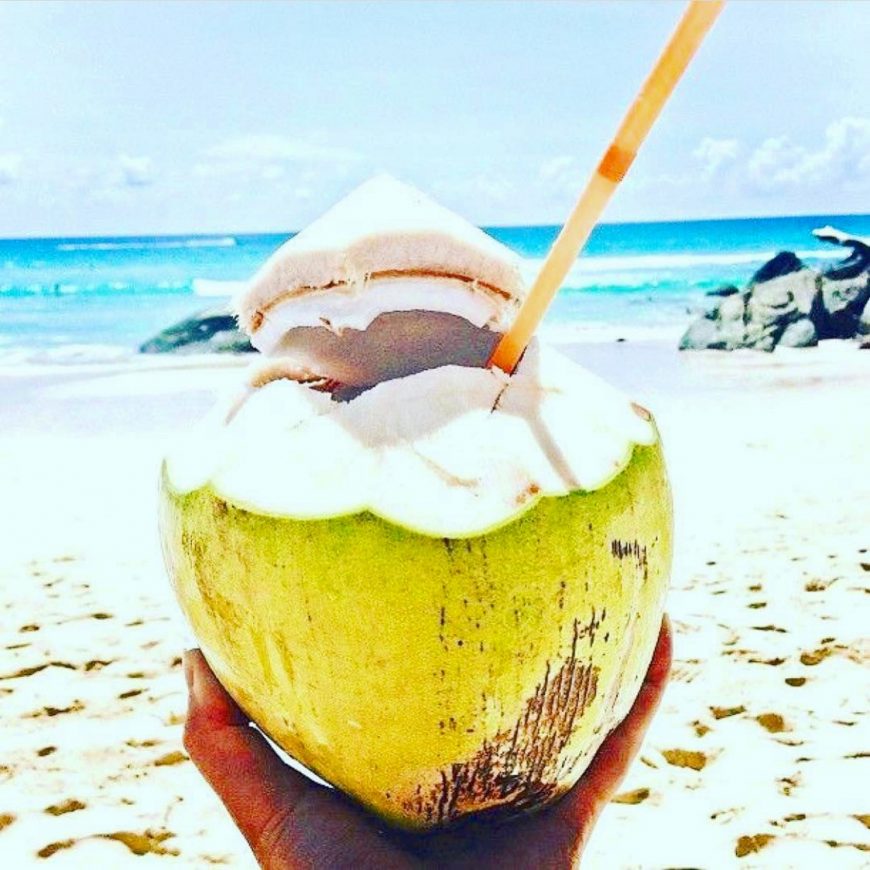All of these foods are functional, which I recommend instead of supplements as they are abundant in nutrients. Functional foods are like superfoods that are extremely high in at least one particular vitamin or mineral. Therefore, they have a medicinal effect with the ability to replace supplements. They have positive effects on health and wellbeing, beyond basic nutrition. Functional foods promote optimal health, while reducing disease risk.
Without exception, I include these functional foods in my diet regularly…
- Fermented food
- Here is a refresher about probiotics, prebiotics and fermented foods.
My favourites are kombucha, water kefir and coconut kefir. I have half a cup in the morning and half a cup in the evening every day.
2. Brazil nuts
Eating 2-3 Brazil nuts daily is a delicious and convenient way to get your dose of selenium. This is important for New Zealanders because our soils are deficient in trace minerals, including selenium. Selenium is an antioxidant, which works in conjunction with vitamin E (abundant in nuts, seeds & oils) to reduce the risk of skin cancer and prevent sunburn by preventing the formation of free radicals. Selenium is required for healthy thyroid function, controlling our metabolic rate, energy levels and body temperature. Research shows that it may also reduce inflammation and cancer. It’s ironic that NZ farm animals are supplemented with selenium to prevent disease, but humans give little thought to their selenium intake. I eat 2-3 Brazil nuts daily as a snack.
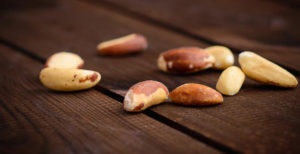
- Seaweed
Kelp is the seaweed highest in iodine which is vital for New Zealanders as it is lacking in our soils. Iodine is the most important mineral for the thyroid gland, which controls our metabolic rate, energy levels and body temperature. 0.25g of kelp provides 590% of your daily iodine, so you only need a light sprinkle daily. It can be so easily added to cooking and smoothies, so there are no excuses to not get your dose of iodine. I have a pinch in my dinner every day.
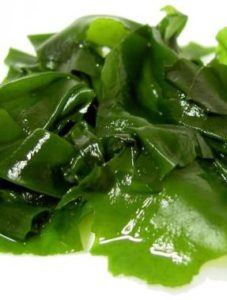
4. Sprouted/activated foods
Sprouting/activating (beginning of sprouting process) raw grains, legumes, nuts and seeds greatly increases their enzyme potential. Additionally, it releases calcium, magnesium, iron and zinc from phytic acid. This process greatly increases nutrient bioavailability, by enabling us to absorb these important minerals. Phytase is an enzyme that neutralises phytic acid. It co-exists naturally in plants containing phytic acid. Soaking grains, legumes, nuts and seeds in an acid (e.g. apple cider vinegar or lemon juice) and a pinch of salt, kick-starts the activating/sprouting process. Plant foods can be cooked after they have been sprouted/activated, but this reduces phytase again. However, it is better to sprout/activate before cooking, rather than not sprout/activate before cooking. The Weston A. Price Foundation has helpful information about phytic acid. My favourites are sprouted buckwheat cereal, sprouted chickpeas and all activated nuts/seeds.
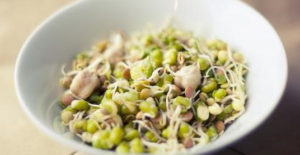
5. Liver
Organ meats are the superfoods of the animal kingdom. Unfortunately, the traditional nose to tail philosophy of eating animals has been lost through generations. Nowadays, we tend to only eat muscle meat, whereas, some traditional cultures only ate organs because they were well aware of the benefits. The liver stores vitamins A, D, E, K, B12, folic acid and minerals like iron and copper. Therefore, we are getting a dose of these nutrients when we eat liver. Organic meat and organs are always preferable. Especially because the liver is the detoxing organ, therefore, stores toxins.
My favourite is chicken liver. I eat it once weekly. When I began eating liver I couldn’t tolerate the taste, so had to hide it in mince, diced and stir fried meats. Now I love eating it by itself.
